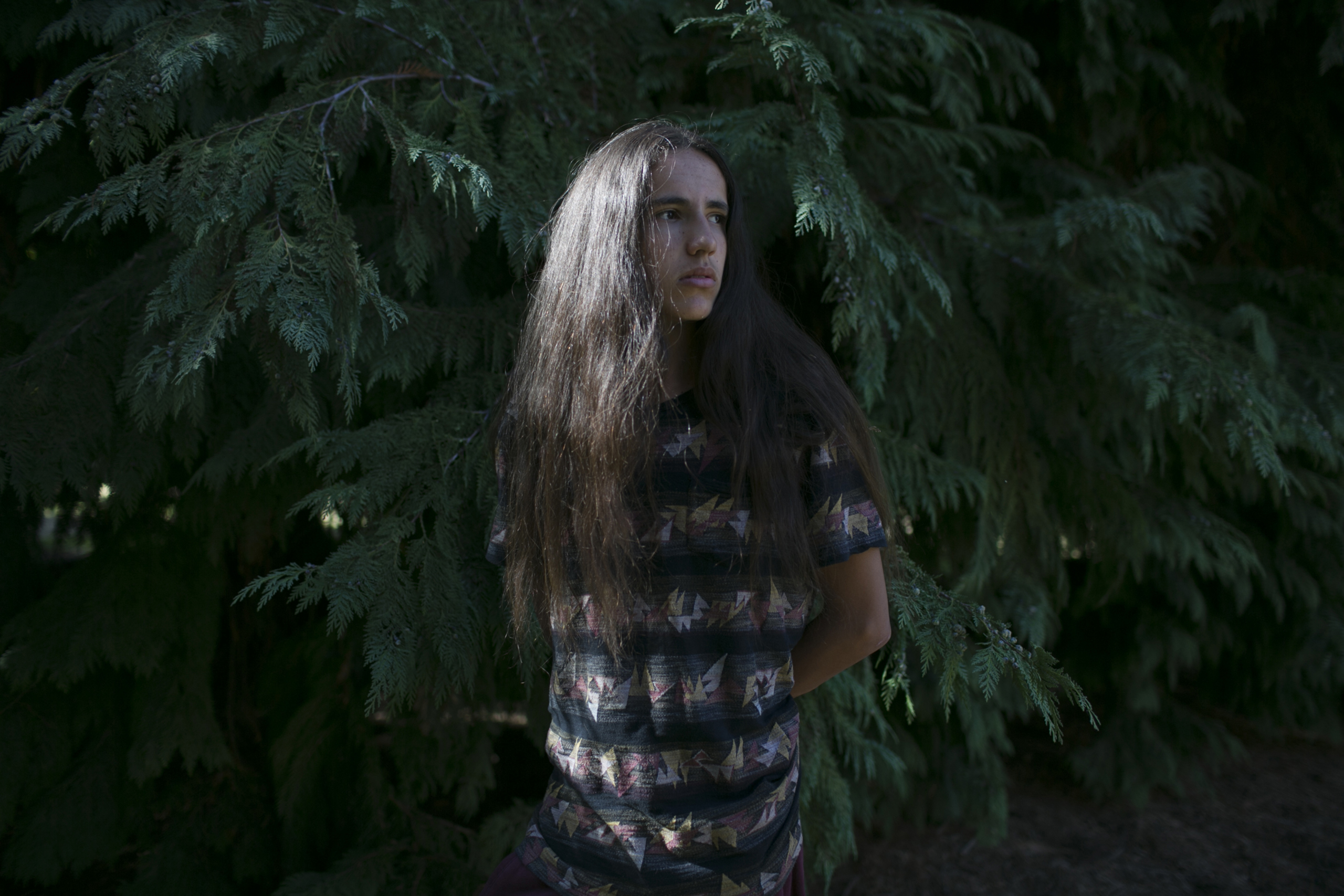On an unseasonably warm September afternoon, Xiuhtezcatl Martinez stood before supporters on a momentous day. Martinez, 16, and his co-plaintiffs were opening a lawsuit against the federal government over what they describe as inaction on climate change that threatens their right to life and liberty. “We are standing here to fight and protect everything that we love—from our land to our waters to the mountains to the rivers and forests,” he told supporters gathered in Eugene, Ore. “This is the moment where we decide what kind of legacy we are going to leave behind for future generations.”
To many those future generations might include Martinez, who is yet to reach adulthood. But it’s just the latest battle in his decade-long fight to push for action on climate change. Martinez saw Leonardo DiCaprio’s climate change documentary The 11th Hour as six year old and from then on was devoted to the issue. His conservation message—rooted in his Native American indigenous heritage—and his talent as a hip-hop performer made him a phenomenon among climate activists. Within a few years of taking up the cause he began traveling the world to speak and perform. He has performed for local school children, the United Nations and everyone in between. He always focuses on trying to inspire young people to take action themselves, he says. “For me being a leader is being able to take this voice that I have and share it with people all around the world who are just like me,” he says. “They also have the ability to use their voice and passion.”

But he knows that activism is about more than just rousing speeches. At home in Boulder, Colo. Martinez has successfully convinced local authorities to charge fees on plastic bags, and end the spraying of pesticides in public spaces. Now, he has turned his attention to a statewide ban on fracking. And, if you ask him how he plans to achieve what seems like such a difficult goal, he knows how to delve into the nuts and bolts of the issue. In Colorado, he is asking for restrictions on fracking near schools and hospitals that significantly limit the scope of the industry.
“It’s easy for activists to march in the streets and say ban fracking, but straight out asking for a ban on fracking is not plausible,” he says. Instead, he asks, “How can we implement real solutions?”
Next is the biggest battle of all, against the federal government. It has already made waves in the world of climate activism, leading some to wonder whether the courts might offer a viable way to address the issue. The federal judge overseeing the case has hinted she plans to rule in Martinez’s favor in a preliminary hearing, but it could be bound up in the courts for years. He, at least, has many years to wait. The planet may not.
- Donald Trump Is TIME's 2024 Person of the Year
- Why We Chose Trump as Person of the Year
- Is Intermittent Fasting Good or Bad for You?
- The 100 Must-Read Books of 2024
- The 20 Best Christmas TV Episodes
- Column: If Optimism Feels Ridiculous Now, Try Hope
- The Future of Climate Action Is Trade Policy
- Merle Bombardieri Is Helping People Make the Baby Decision